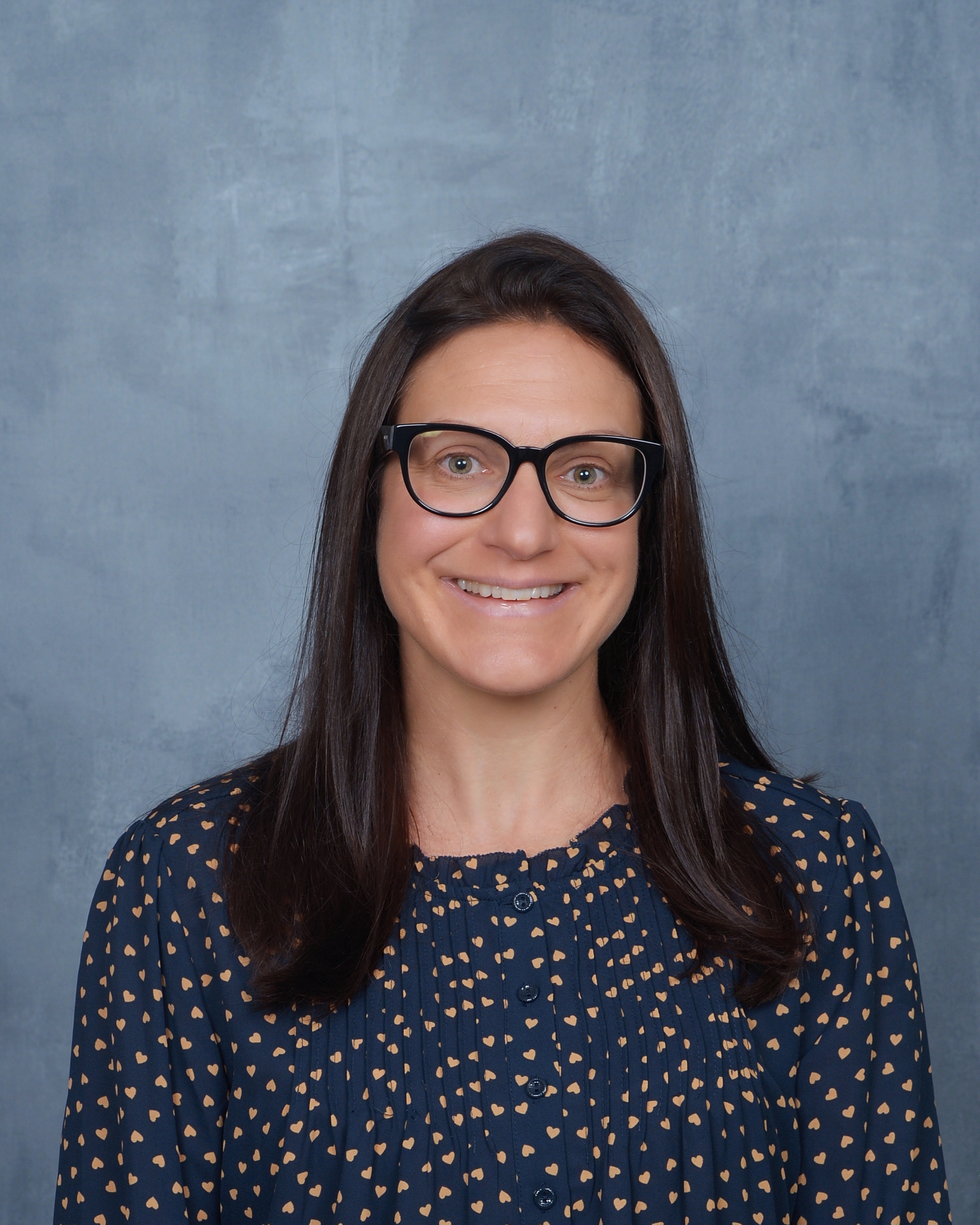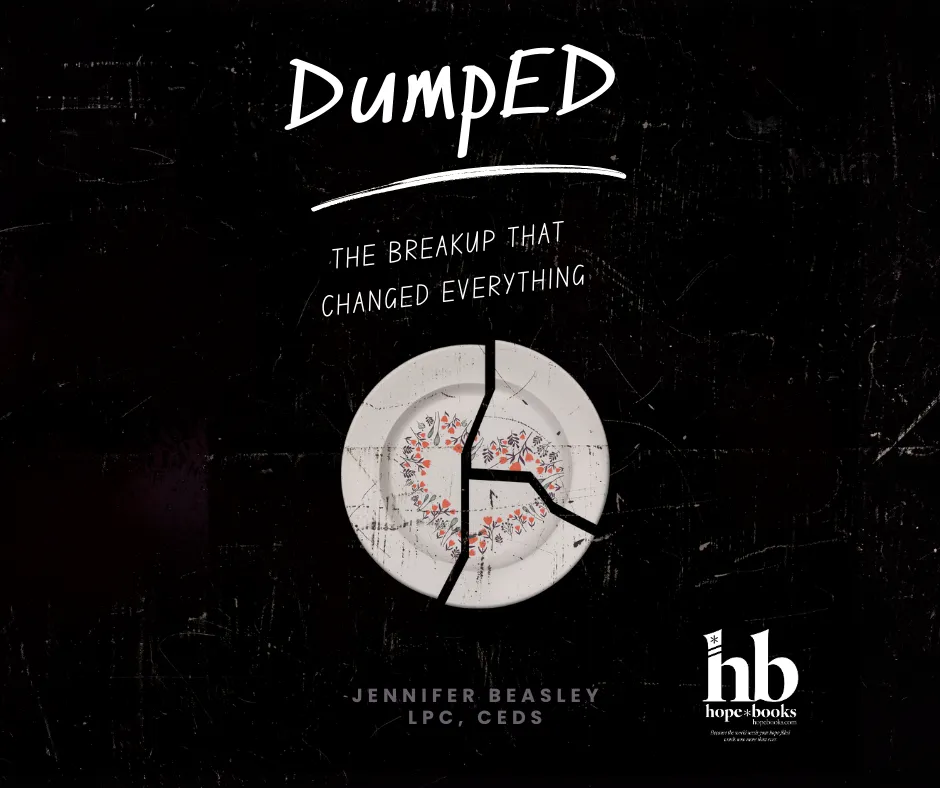So glad that you stopped by.
Where Healing, Hope, and Meaningful Work Come Together
Author, Therapist, Consultant
Hey, I'm Jennifer Beasley!
After more than 17 years of providing therapy for adolescents and their families, I’ve embraced a new way of fostering healing and creating impact—through writing, consulting, and speaking.
My mission is to provide guidance, education, and support for teenagers and young adults struggling with mental health issues, particularly those who are neurodivergent.
As a Certified Eating Disorder Therapist, published author, and parent coach, I am committed to creating resources that spark meaningful conversations and empower change. I know firsthand the complexities of eating disorder recovery, especially for individuals with autism, and I believe that every person deserves a path to healing that honors their unique experiences and needs.

Ways to work with me

Books That Inspire & Educate
My books go beyond storytelling, they are designed to be catalysts for healing, understanding, and advocacy. Whether you’re a teen navigating recovery, a parent looking for guidance, or an educator seeking resources, my writing provides practical tools and relatable insights to support the journey.

Writing Coaching for Therapists & Advocates
Are you a therapist, parent, or advocate with a story to share? I specialize in coaching writers who want to create self-help books, mission-driven novels, or personal recovery narratives. Writing with purpose can be a powerful tool for change, and I help individuals turn their experiences into impactful resources that resonate and inspire.

Parent Coaching & Consulting
Navigating the intersection of autism and eating disorders can feel overwhelming. Through my coaching services, I provide parents with strategies to foster connection, support recovery, and empower their teens with tools for growth and resilience. My approach is rooted in understanding, practicality, and the belief that recovery is possible.

Speaking & Advocacy
I speak at events to empower change-makers, educators, and advocates, fostering dialogue that leads to action. Drawing from both professional expertise and personal recovery experience, I provide insights that inspire growth, awareness, and real-world solutions for eating disorder recovery—especially within the neurodivergent community.
Let’s Create Change Together
If you’re ready to share your story, navigate difficult conversations, or find resources that truly meet the needs of neurodivergent teens and young adults in recovery, I’d love to connect with you.
📩 Reach out for a free consultation, explore my coaching services, or book me for your next event.
Your voice matters, and I’m here to help you share it.
Want to know more?
For Parents
Supporting Your Teen Who May Be Struggling with an Eating Disorder
For Writers
7 Reasons Why You Should Write Your Story
Young Adults Lead Magnet
Writers Lead Magnet
DumpED
By Jennifer Beasley
Purchase DumpED by Jennifer Beasley on Amazon and unlock exclusive access to a 6-week online parent coaching group.
This transformative program is designed to empower you with practical tools, guidance, and support to connect with your teen and build meaningful relationships with other parents navigating similar challenges.
Don’t just read the book—experience a community of growth and support!
Purchase the 6-week coaching group by clicking below and take the next step toward creating lasting change.
BONUS QUIZ: Understanding Your Behaviors
By Jennifer Beasley
Have you ever struggled with your relationship to food? Through this quiz you can gain clarity on whether you have Autistic traits or an Eating Disorder.
Follow Me On Social Media
©2024 JENNIFER BEASLEY
